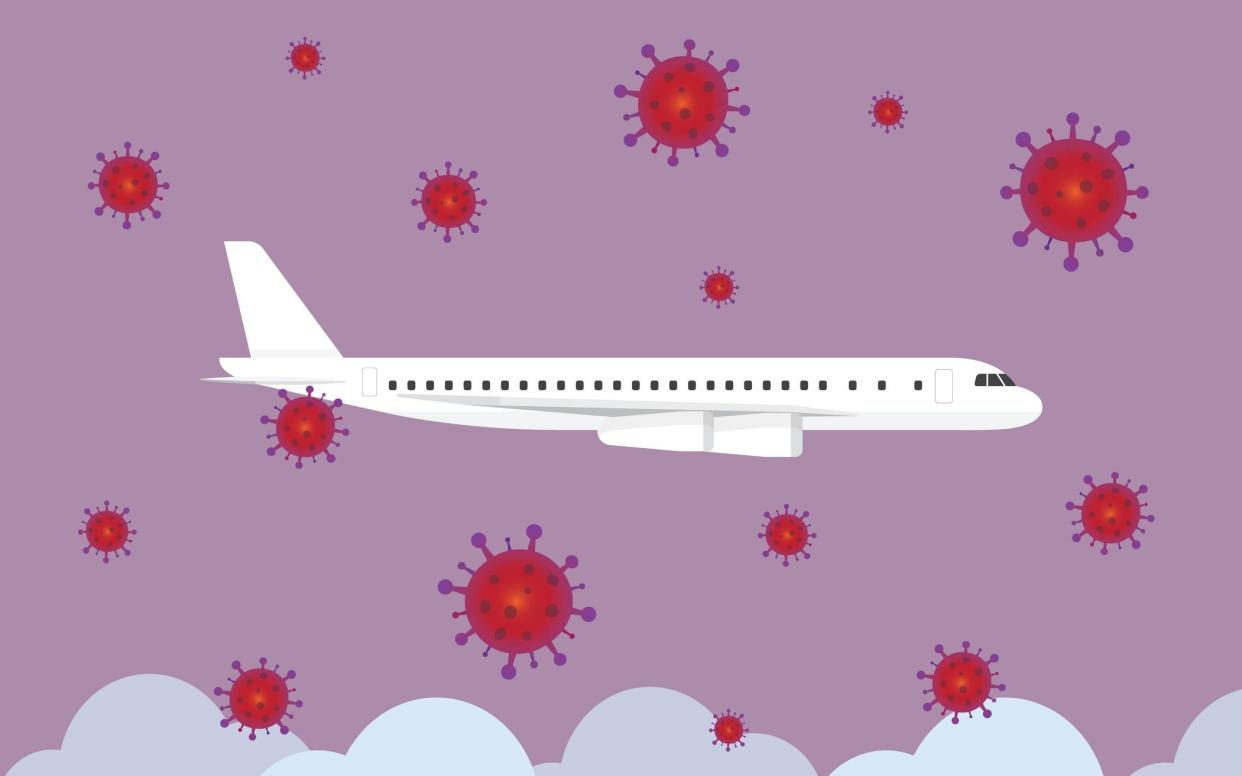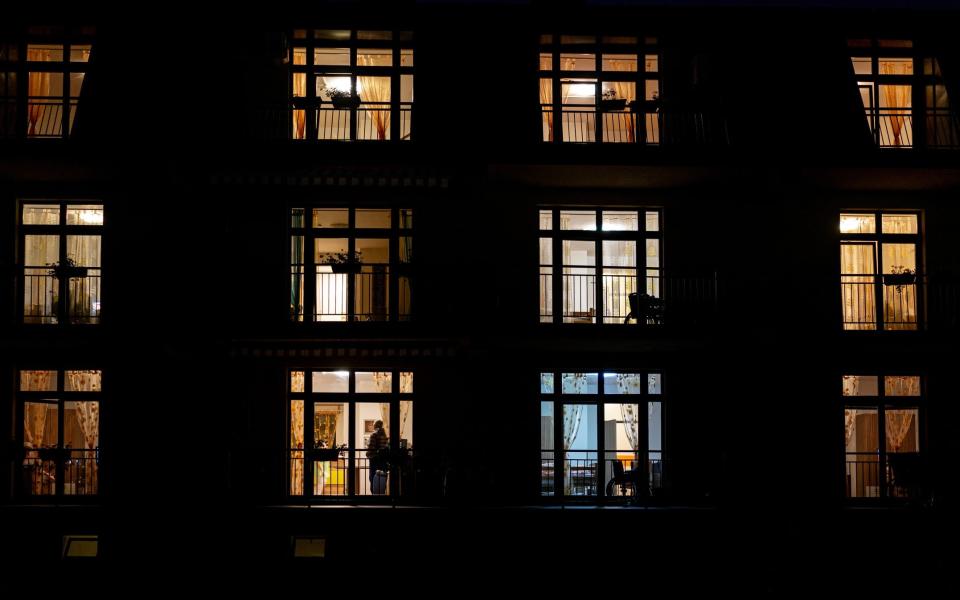Police escorts and hotel lockdowns: How the pandemic has killed the glamour of being a pilot

Being an airline pilot is a glamourous job. Or so the movies tell you.
Whilst the image of the ‘Catch Me If You Can’ pilot is a relic of the 1960s, the reality of the 21st Century is something quite different. Long flights often followed by just 24 hours in an airport hotel, the joys of jetlag often resulting in the daytime being spent asleep and the night-time wide awake.
However, if you could manage your sleep, each new city was an adventure waiting to happen. And then Covid came along.
With countries setting their own rules for the acceptance of international travellers, they have also established their own ways to handle the airline crew who are visitors for a short period of time.
For some destinations, after a 15-hour shift and a police escort to the hotel, we are given a single-use keycard for access to our room. Once we are in, we are in; sometimes for up to 72 hours. In the corridors, security guards ensure that we do not sneak out. In the room, internet access can be sketchy and English-language television channels can be limited.
As most modern hotels are designed to be centrally air-conditioned, more often than not the windows do not open. This means that from entering the terminal at our home base to leaving it again four days later, the only fresh air we have access to is between the destination terminal building and the bus, and then again between the bus and the hotel.
Dining options can be limited, too. Many countries do not allow arriving passengers or crew to enter with food items. As a result, we are reliant on room service or food delivery apps. Where this is not an option, airline meals are left outside the door three times a day.
Pilots and cabin crew, by nature, are social animals, and when we are away from home, the crew becomes our family. However, being shut away from each other for the entirety of the stay can take its toll on our physical and mental health.

Travelling with a plan of how to pass the time is key to combating this. Many crew members bring iPads pre-loaded with Netflix series, others pack fitness equipment to get some physical activity in the limited floor space. I’ve been quite impressed with what can be achieved with a few resistance bands. Whatever way we choose to spend the time in the room, the call to head back to the airport is the normally the highlight of the trip.
It is not just how we spend our time down route which has changed. Though the volume of flights has fallen due to a lack of passenger demand, the need for the rapid transport of time-critical goods is still as great as ever. Temperature-sensitive vaccines, fresh foodstuffs and high-value goods all need moving large distances from supplier to market in a limited time window and nothing does this job better than an airliner.
As a result of this demand, many flights are operating with empty cabins but full cargo holds. On some flights, we will even use the overhead lockers and passenger seats to carry additional cargo.
With the absence of passengers, there is often no need for cabin crew, leaving us pilots with a strangely quiet aircraft. In these situations, we have to make a few changes to how we configure the aircraft, mainly focused on reducing the risk of a fire in the cabin. Electricity is removed from the galley equipment, entertainment screens are powered down, and lights are turned off. It all makes for quite an eerie cabin, particularly in the middle of the night.
Surprisingly, this has been quite a pleasant novelty. Flying with the flight deck door open is a refreshing change and cooking our own meals and making our own hot drinks has provided some much-needed humour at times.
However, until this week’s government announcement, things seemed to be improving. Airports were noticeably busier, and the previously trimmed down route network was starting to expand again. Passengers were returning to flying, despite being stifled by quarantine restrictions. It showed that, if they can, people still want to travel.
A recent study by the T.H. Chan School of Public Health at Harvard University found that the risk of exposure to Covid-19 during air travel is extremely low. The combination of advanced air ventilation and filtration, the use of facemasks, and diligent cabin cleaning results in a lower risk than a trip to the supermarket. Since the beginning of March, I have done over 30 flights and have not had any Covid-related health issues.
Despite this, and quite understandably, passengers are still nervous. For most of them it could be their first flight for months and it is our responsibility to put their minds at ease. I always enjoy chatting with passengers, often about our current location or to ease a fear of flying. People thrive off a human connection.
More often than not, it is the fear of the unknown which worries people, be it turbulence or the current global climate. However, as any pilot will tell you, all turbulence is temporary. You just have to keep moving forwards until you reach the smooth air on the other side.
The Secret Pilot is a Senior First Officer on the Boeing 787 Dreamliner. He has over 10,000 hours flying experience both around Europe on the A320 family and worldwide on the 787.

